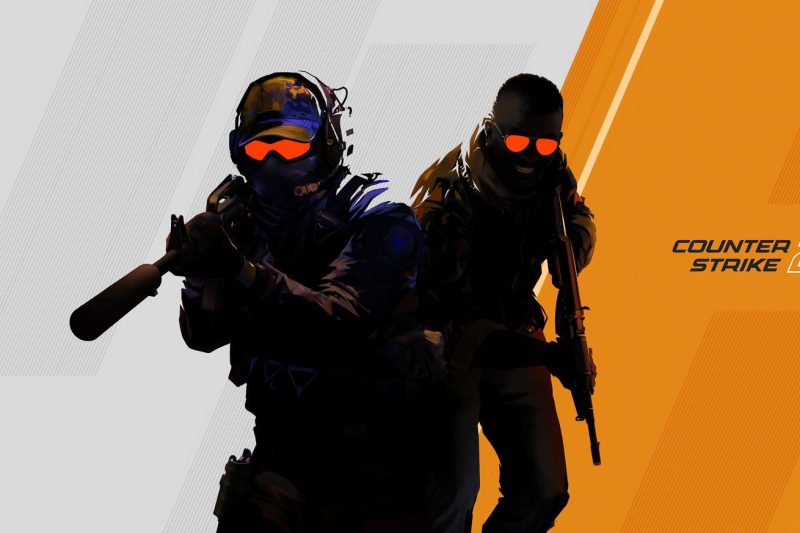Valve Bans Razer and Wooting’s New Keyboard Features in Counter-Strike 2
The recent news of Valve banning certain keyboard features from Razer and Wooting in Counter-Strike 2 has sparked a heated discussion among gaming enthusiasts. This decision has left many players and manufacturers puzzled and concerned about the implications for the gaming community.
One of the key features that got banned is the Analog-Input technology found in some Razer and Wooting keyboards. This technology allows for more precise control over movement in games, giving players an edge in competitive gameplay. However, Valve’s decision to ban this feature raises questions about fair play and potential advantages that certain players may have over others.
The ban has also raised concerns about the future of innovation in gaming peripherals. Companies like Razer and Wooting are constantly pushing the boundaries of what is possible with gaming hardware, and this ban may stifle their ability to introduce new and exciting features to the market. It begs the question: where do we draw the line between innovation and competitive integrity in gaming?
Some players argue that the ban is a step in the right direction to ensure a level playing field for all gamers. They believe that certain features, like analog input, give an unfair advantage to those who can afford high-end peripherals. By restricting these features, Valve aims to create a more equitable gaming environment where skill and strategy are the main determinants of success.
On the other hand, proponents of the banned features argue that they add depth and nuance to gameplay, enriching the overall gaming experience. Analog input, for example, allows for more fluid and natural movement in games, immersing players in the virtual world and enhancing their enjoyment of the game.
In response to the ban, both Razer and Wooting have expressed disappointment and frustration. They have invested time and resources in developing these innovative features, only to have them restricted by a decision that they feel lacks transparency and proper justification. Moving forward, they hope to engage in a constructive dialogue with Valve to address any concerns and find a resolution that benefits both players and manufacturers.
Overall, Valve’s decision to ban certain keyboard features in Counter-Strike 2 has opened up a complex conversation about the intersection of technology, competition, and fairness in gaming. As the industry continues to evolve, it will be crucial for all stakeholders to work together to strike a balance between innovation and integrity, ensuring that gamers can enjoy a level playing field while also benefiting from the latest advancements in gaming hardware.






























